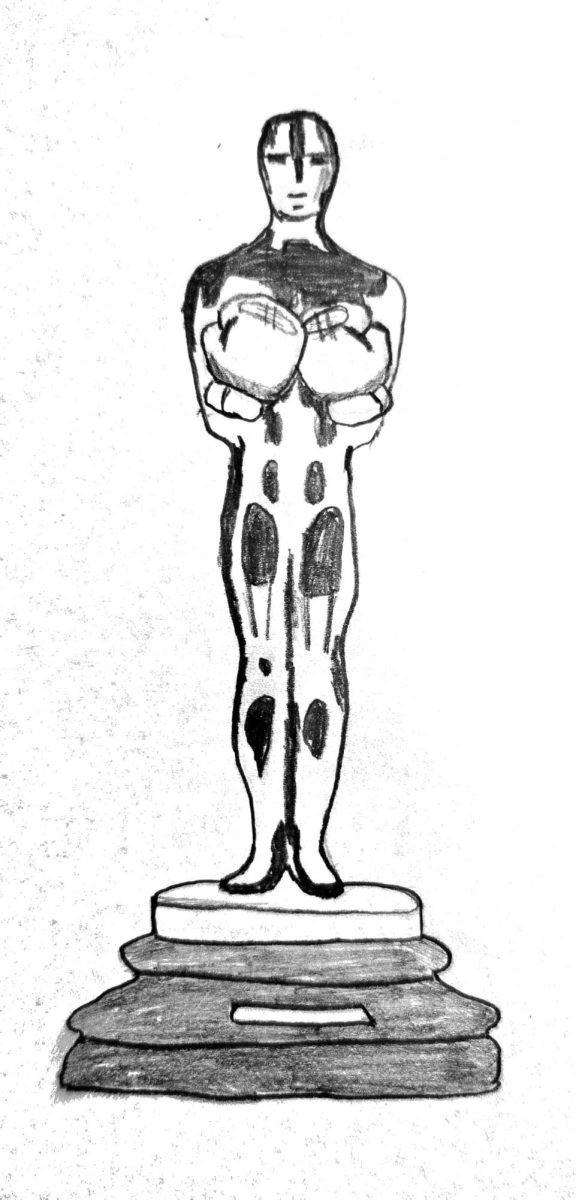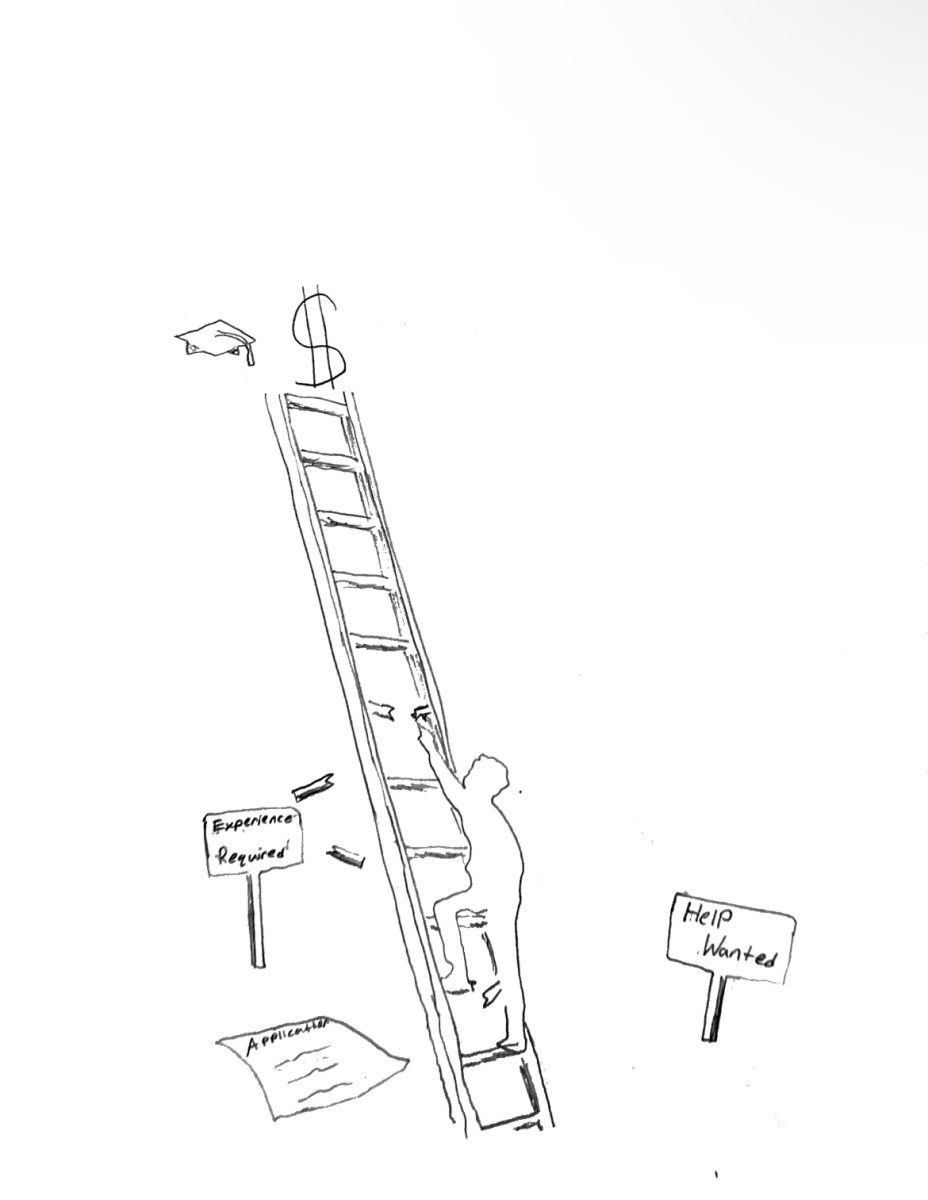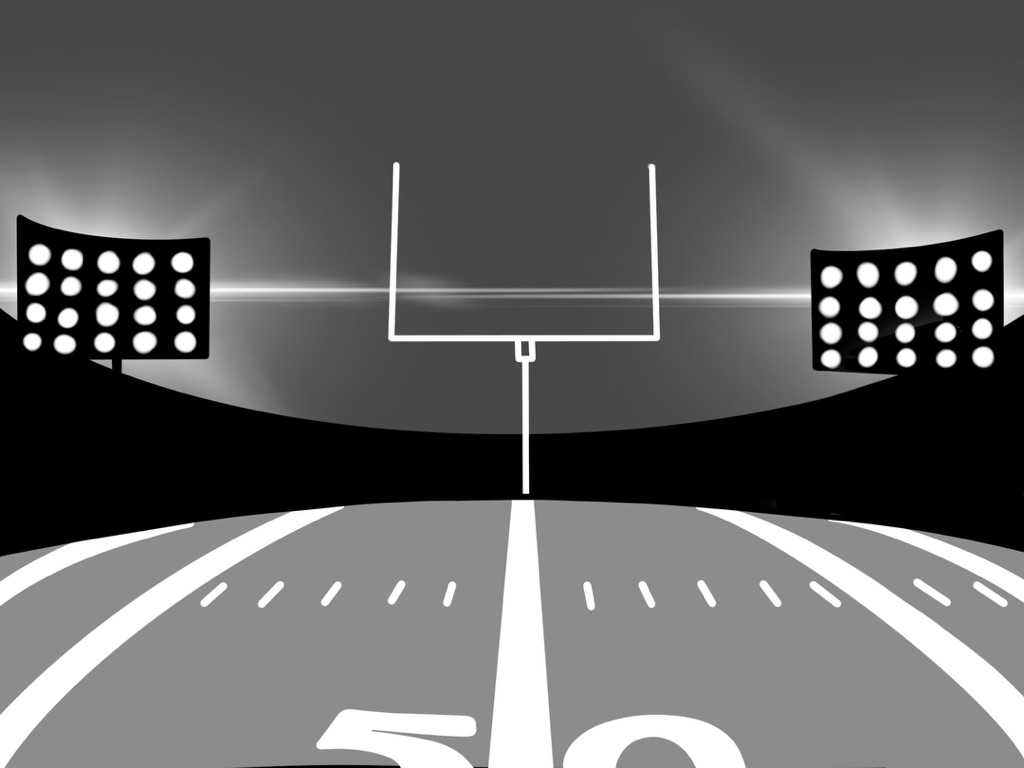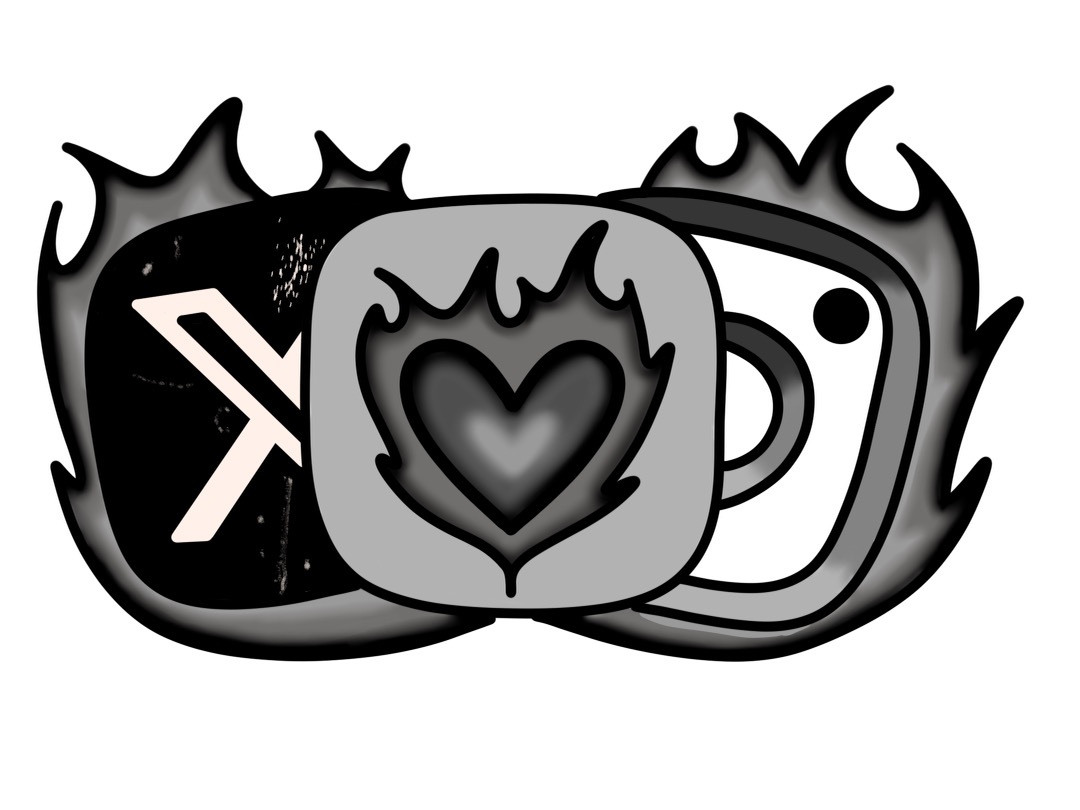Please stop the showboating, just play the game
Opinion and illustrations by Gregory Block
As a sports fan, there is nothing I love more than a display of pure athletic brilliance. Whether it is an acrobatic dunk, a perfect 50-yard spiral or a spinning corner kick that rockets by a goalkeeper, sports inspire and awe me.
Yet lately, I’ve been disappointed. Instead of witnessing a game-winning touchdown pass, I also have to stare at a television screen full of dabbing and dancing, chest pounding and finger wagging. Instead of being blown away by a towering home run, I have to sit there and watch the hitter flip his bat into the air.
This self-centered behavior detracts from the game itself.

Professional sports are so appealing to the casual fan because the raw athleticism on display reminds us that we will never be able to perform similar feats. This makes the on-the-field behaviors of today’s athletes so frustrating and disappointing because they are taking attention away from the real reason we watch sports: the power, the beauty, and the competition.
I most definitely cannot dunk a basketball. But I can dance in front of a camera. I don’t need incredible feats of athleticism tainted by behavior that seems childish and attention-seeking.
As a long time sports fan, the more sports I follow, the more disillusioned I become. Today’s athletes are a whole different breed of superstar not only athletically superior and impressively talented, but louder and cockier. They understand their greatness and they are much more willing to talk about it, retweet it and reiterate it at as a press conference.
It may seem that I’m a hater of fun. But I’m not.
I love it when athletes have fun on the court or the field––it makes them seem more personable and less focused on money or fame. Cam Newton, the Panthers’ MVP quarterback, plays with child-like enthusiasm on the field, hurling beautiful passes with an infectious smile on his face.
Newton is known for a specific celebration that he does after scoring a touchdown: the dab. This year many athletes began dabbing after making a great play. The dab craze grew to the point where it garnered more attention than the game itself, and if for no other reason than its recency, I think the dab serves as a prime example of why the celebratory behavior of athletes is taking away from their play on the field.
People may argue that the off-the-field behavior of athletes is more concerning than on-the-field celebration. The recent news of professional football players Johnny Manziel and Greg Hardy’s domestic violence incidents is a reminder that professional sports leagues must be more diligent in the supervision of their athletes and hold them accountable.

However, as fans, we have little impact on what athletes do when they are out of uniform and away from the cameras. We can choose to turn off the news and avoid their off-the-field struggles. But when we make the choice to turn on a sporting event and watch world-class athletes perform, we should watch their athletic prowess, not their flashy dance moves or haughty attitudes.
While the dab may be a trend that will fade, it seems likely that other self-centered celebrations, such as the chest-pounding or trash-talking that are prevalent throughout sports, will not. And when flashy behavior is so ingrained in the culture of professional sports, it seems only likely there will be repercussions.
Showboating may be emulated across all levels of sport, from the collegiate level down to elementary school playground games. Athletes are role models for younger generations—if a young fan sees his favorite basketball player behaving a certain way on the court, he may be more likely to behave the same way himself.
“As a sports fan, all I want is to see a well-played game with talented athletes. I don’t need wild celebrations to remind me of the talent on the field.”
Young athletes aspire to perform like their role models and they may assume that the post-play celebration is just as much a part of that role model’s persona as their three-point shooting ability.
Part of the reason for the flashy celebrations and attitudes of today’s athletes is the rise of social media, giving athletes an avenue to talk with fans directly and vice versa. Athletes now, more than ever, are the center of attention, not just on the field but on their phones and in the media, creating an environment that supports the individual and their accomplishments rather than the team’s.

My dad tells me that when he was a kid, athletes didn’t do such things––that in general they did their job and mostly avoided the spotlight. Granted, there was no social media back then, nor was there 24-hour coverage of sports.
ESPN, NFL Network and Bleacher Report were not media giants like they are today.
But today’s athletes are different. Many of today’s athletes turn themselves into celebrities through their personas off the field, but also through their behavior on it.
As a sports fan, all I want is to see a well-played game with talented athletes. I don’t need wild celebrations to remind me of the talent on the field.
If there were fewer celebrations and less trash-talking, less dabbing and showy dancing in professional sports, the fans could get what they deserve: a game being played how it was meant to be played.












